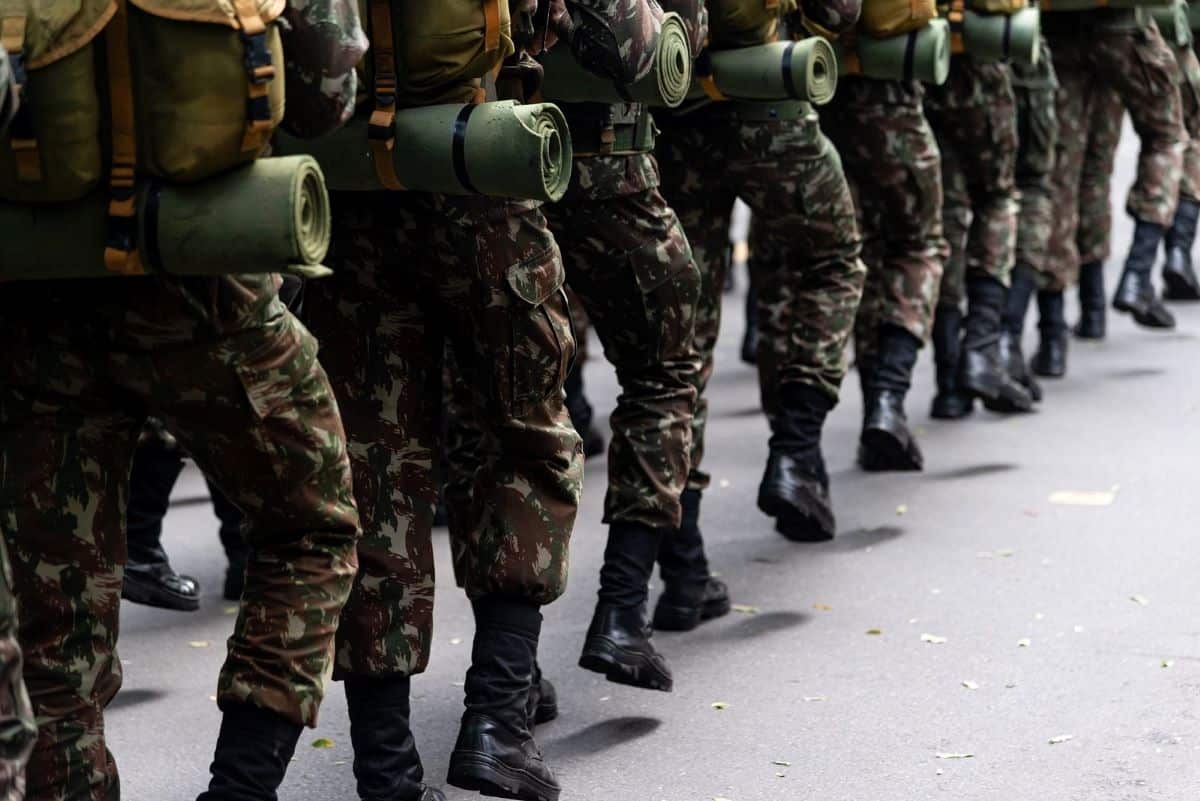Former MI6 chief Sir Alex Younger advocates for a reevaluation of Britain’s defence strategy, urging Britons to prepare for national service in response to evolving security threats. Here’s the full story.
Shake Up
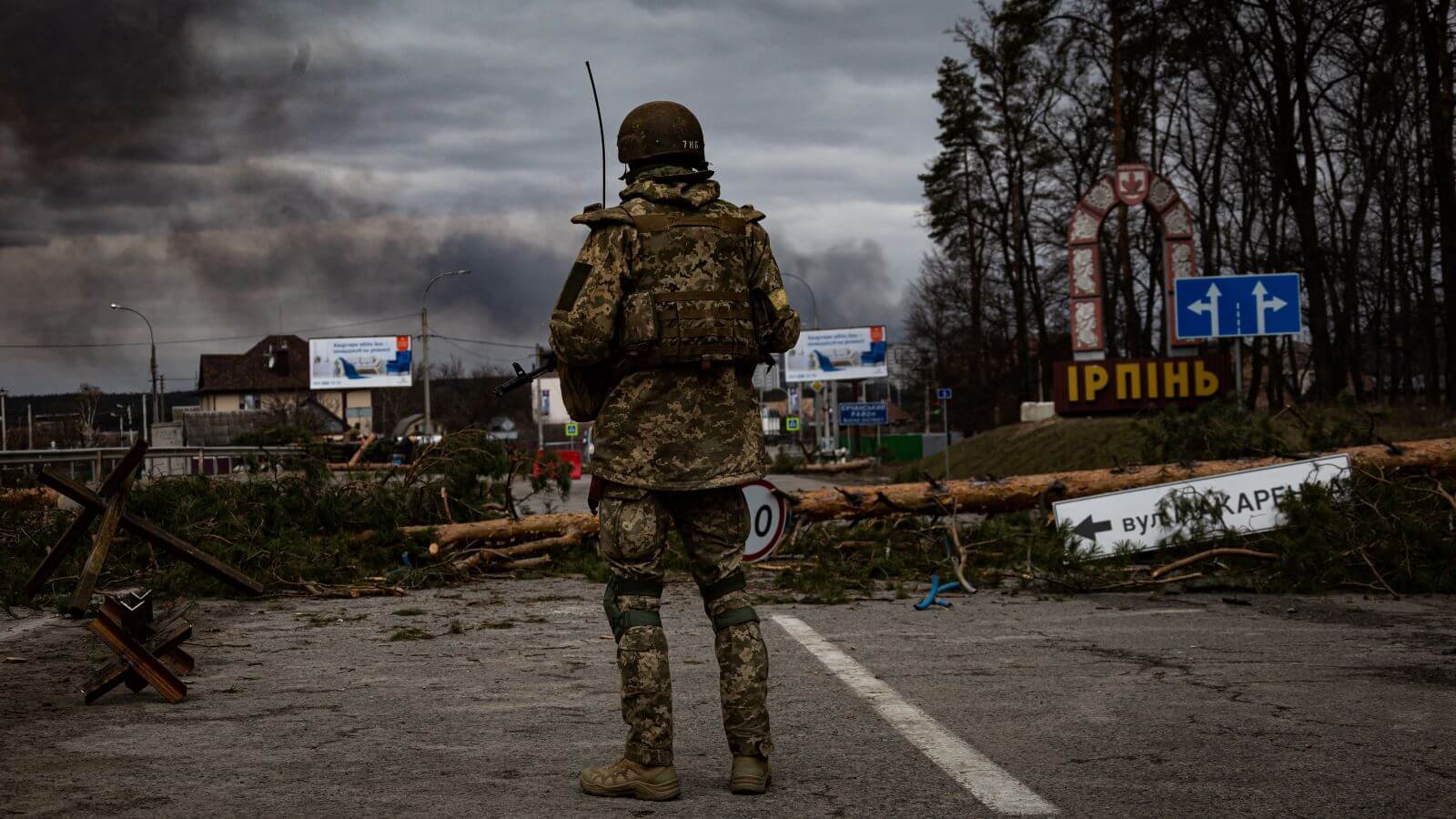
The war in Ukraine has shaken up the world’s security apparatus in a way not seen in a generation or more.
Rethinking Strategies

The largest land war in Europe since World War II has led many experts to rethink the strategies and funding of their armed forces. Nervous eyes are watching Russia closely for signs that its expansionist rhetoric might be backed up by actions.
Defence Doubts
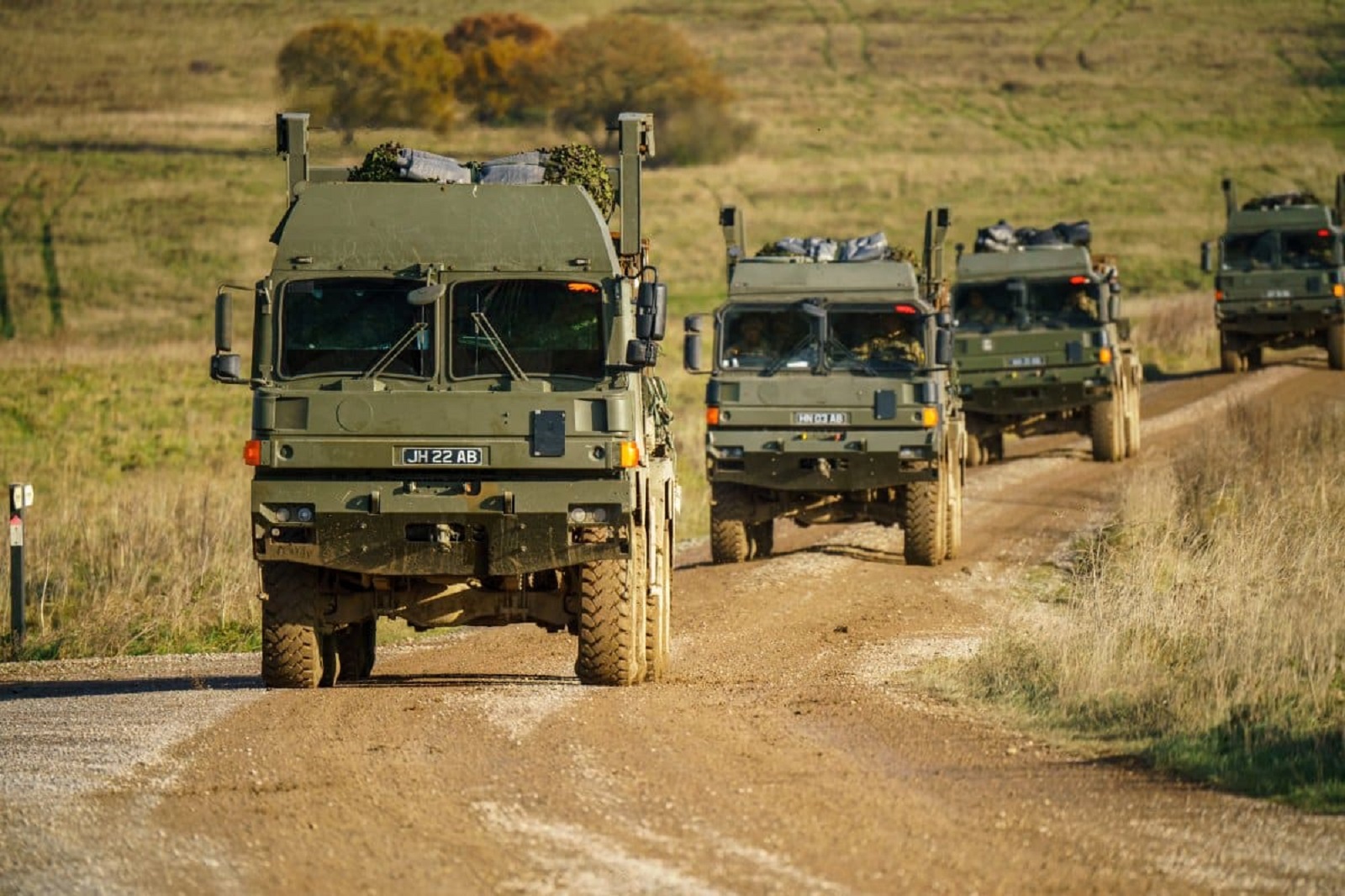
Recent criticisms of the underfunding of the British army, as well as the spectacular failure of not one, but two Trident missile tests recently, has left the ability of Britain to defend itself, should the unthinkable happen, in serious doubt.
Radical Proposals

The scale of the problem is such that radical proposals are being put forward to compensate for the sorry state the country’s defences are in.
“Infantilised”

In a recent interview with the BBC’s Today podcast, Sir Alex Younger, former chief of MI6, the British security services, suggested that Britons have become “infantilised” since the end of the Cold War and advocated for a complete overhaul of the nation’s defence strategy.
Serious Questions

Younger’s proposition raises serious questions about the preparedness of modern societies to confront conflicts in an unstable world and about the role of the public in safeguarding the nation to which they belong.
“Intrinsically Safer World”

Younger dismissed out of hand the idea that “we’re in some kind of intrinsically safer world, where democracy is intrinsically secure,” and stressed that he believed there was a greater need for vigilance in the modern era of evolving security threats.
“Detached Relationship”

He also highlighted what he saw as the public’s “outsourcing [of] defence to professional armies with whom they have an increasingly detached relationship.”
False Sense of Security
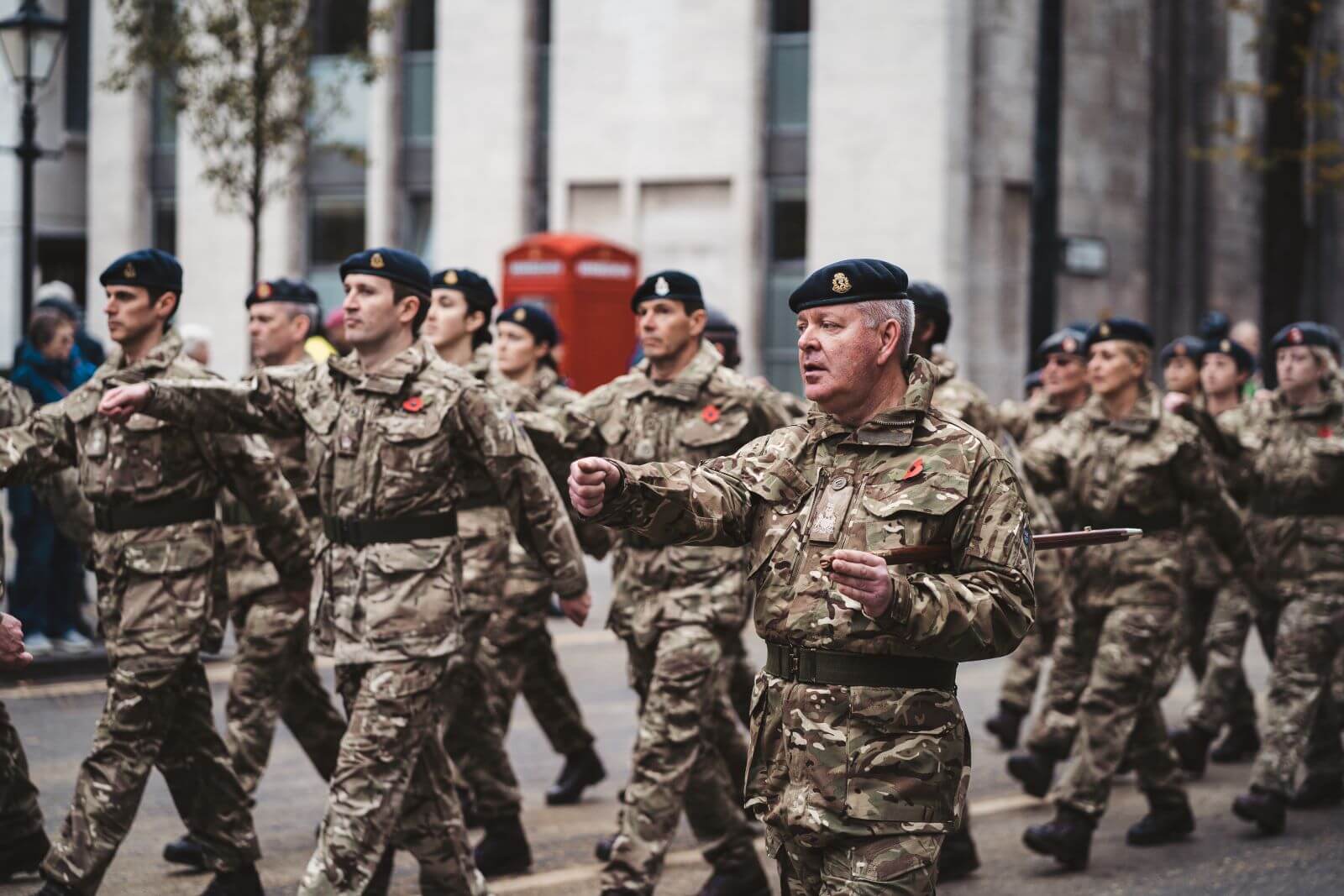
Younger argued that this reliance on specialised forces had led to complacency among the broader populace, who have been lulled into a false sense of security.
“Blanket Conscription”

The former head of MI6 stopped short of calling for full conscription, stating, “I don’t think this is about blanket conscription, but I think it is about thinking about ways in which the broader country would participate and contribute to security in a time of an emergency, which you know is no longer impossible to imagine.”
Compelled to Serve

Younger instead proposed a model where citizens could be compelled to serve in times of crisis, similar to the one used in Sweden.
“Completely Different Approach”

Younger stated, “I think we need a completely different approach to, for instance, our reserve forces, which allow us to call on those people in the event of an emergency.”
“Give Their Service”
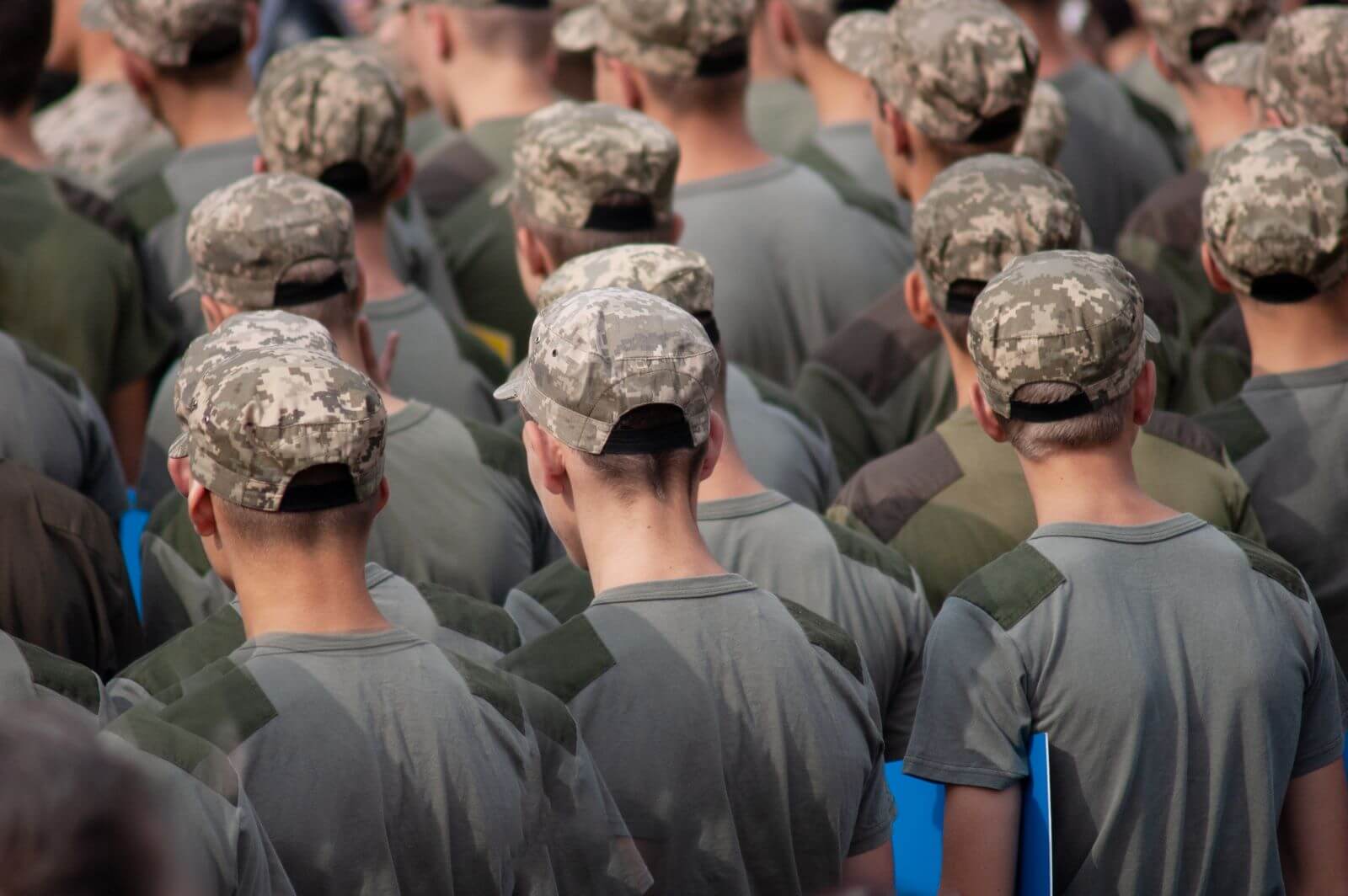
He continued, “And then ultimately, in extremis, I think we’d be looking at something like the model I understand exists in places like Sweden where the government theoretically has the power to compel people to give their service one way or another but doesn’t exercise it except in areas where it’s really needed. You’ll notice on that list is not everyone being called up and going to the drafting session, I think that’s extremely unlikely.”
Hybrid Warfare

Younger underscored the importance of adapting military capabilities to address contemporary threats, particularly in the realm of hybrid warfare.
“Citizen Army”
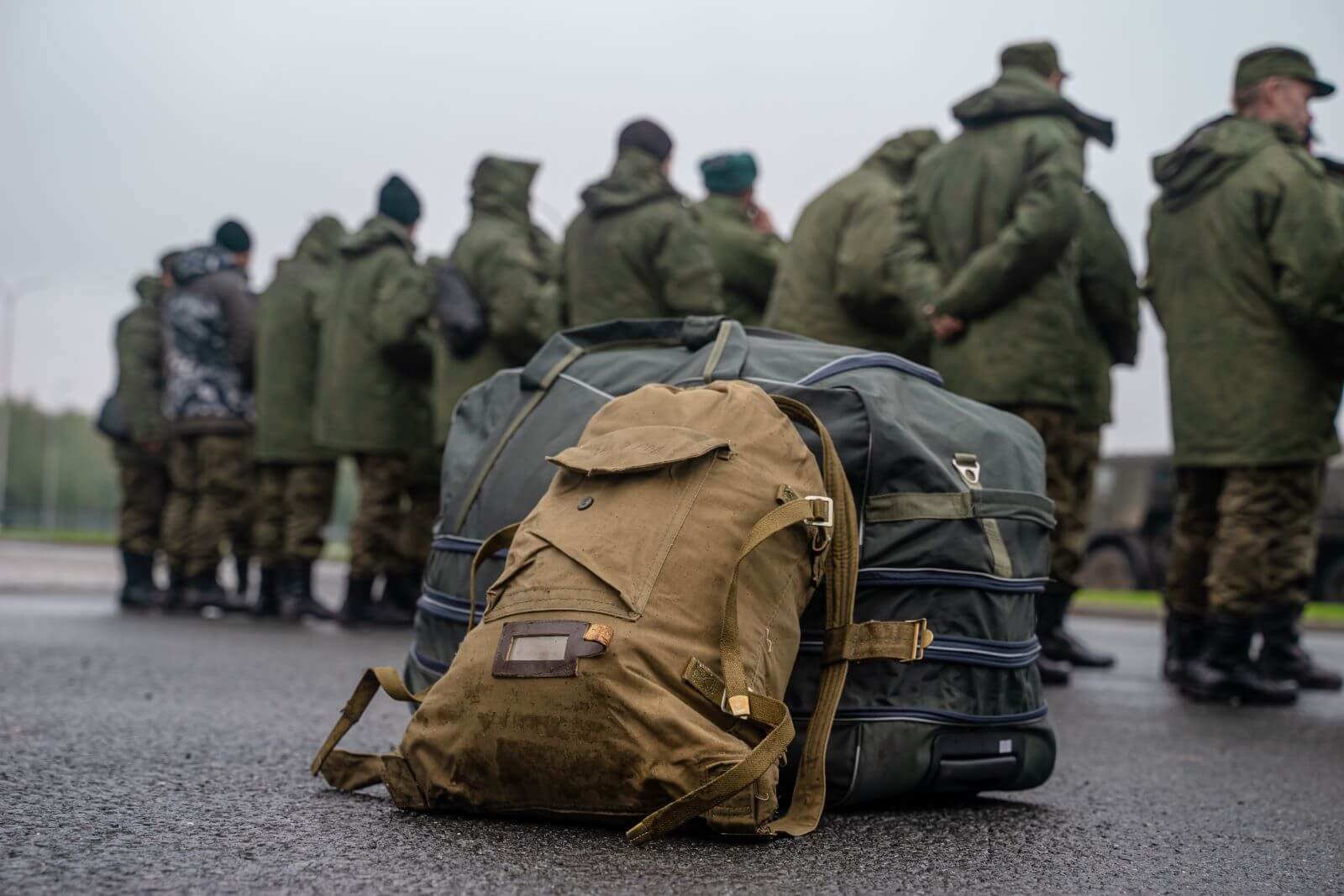
General Sir Patrick Sanders echoed Younger’s sentiments, advocating for cultivating a “citizen army” capable of confronting land-based warfare in the future.
“Pre-War Generation”

While not advocating for conscription, Sanders emphasised the necessity of national readiness and added that young people in the UK were now the “pre-war generation.”
Estonian Plan
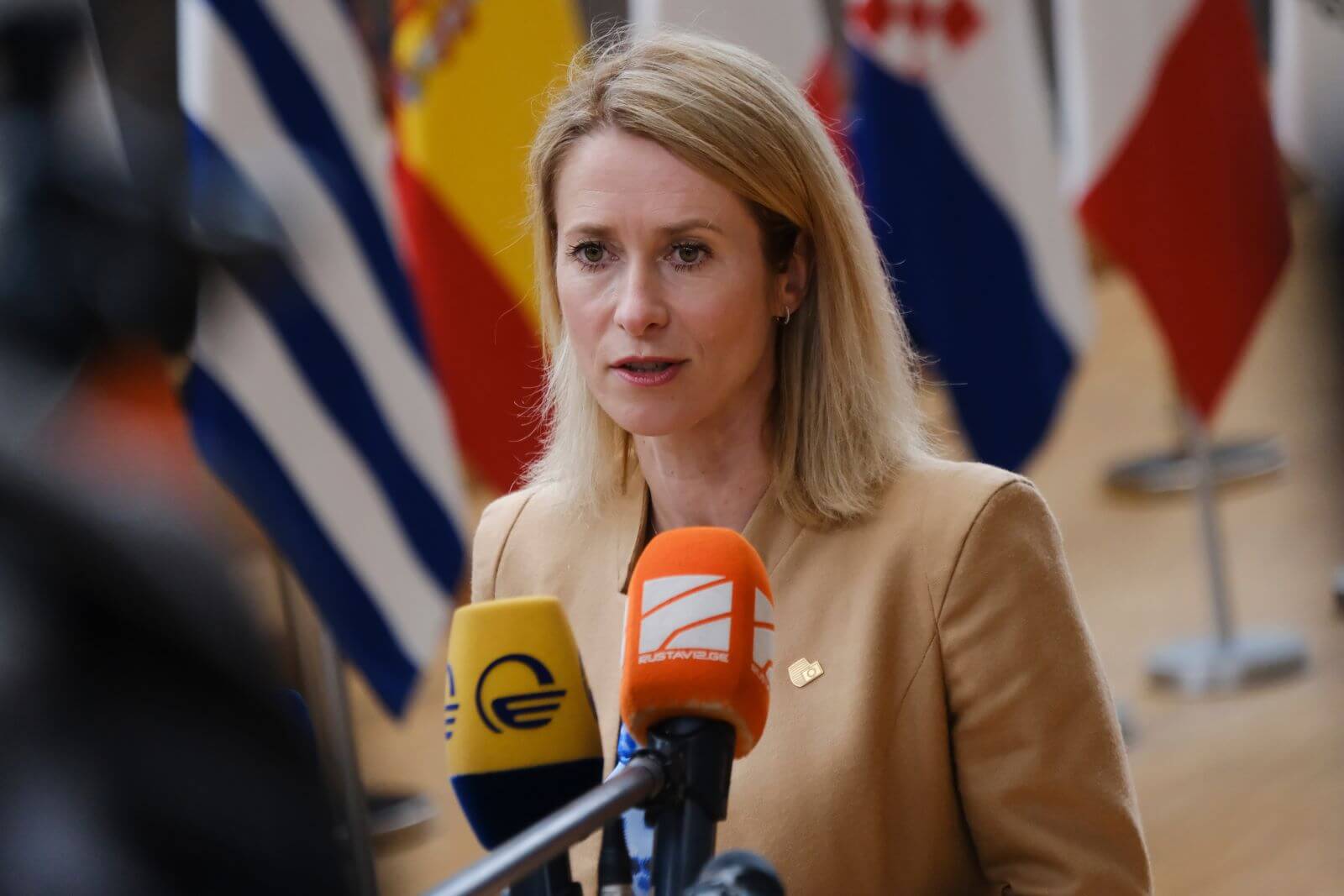
Estonian Prime Minister Kaja Kallas recommended conscription to bolster national defence, citing the readiness of Estonia’s reserve army as a model for other democracies.
“Two Million People”
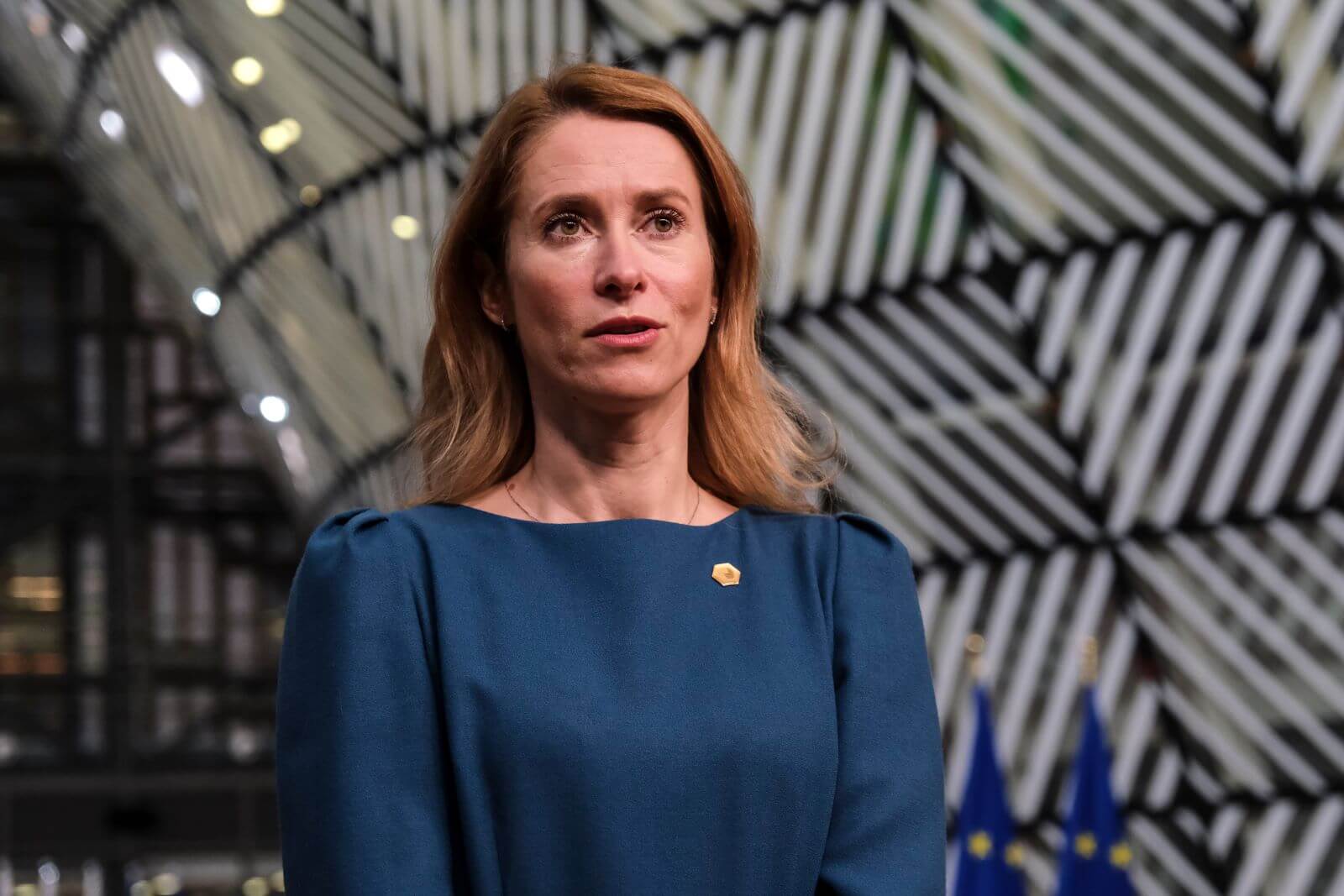
Kallas told the BBC: “We have a reserve army of 44,000 people that would equal, for Great Britain, around two million people. Two million people who are ready to defend their country and know what they have to do.”
“We Are All Democracies”
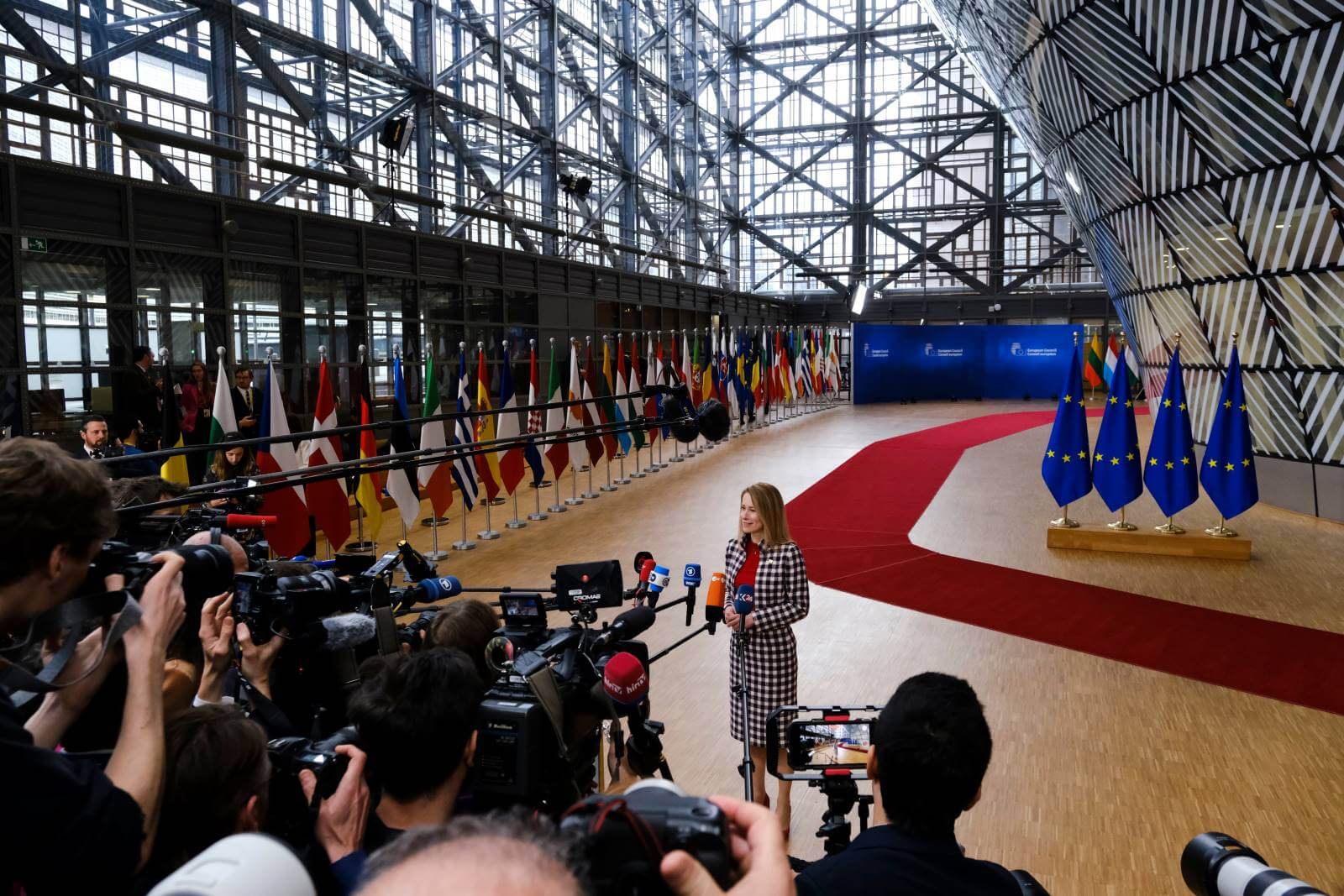
She continued, “Of course, every country decides for themselves, we are all democracies, but I recommend this in many aspects.”
Outdated Thinking

Sir Alex Younger’s proposition that the UK needs to rethink its military readiness in an unsure modern world might sound to some like the outdated thinking of a spook who has seen too much to ever truly feel safe. Still, a small minority in the UK consistently call for reintroducing conscription.
Well Served?

However, what the arguments of people like Younger fail to take into consideration is whether the country that would call upon the youth to go off to die in a war has been well served by the country itself.
Why Should They Fight?

With poverty on the rise in the UK, with 1 in 5 people in the country officially below the poverty line, the rolling back of essential services through chronic underfunding and the misery brought on by a cost of living crisis with no end in sight, perhaps the question should be: why should they fight? Or what would they be fighting for?
Few Answers

Military leaders and the heads of the nation’s vast spy networks have few answers to these questions, along with many others.
The post Former MI6 Chief Urges National Military Service Readiness first appeared on Swift Feed.
Featured Image Credit: Shutterstock / ThalesAntonio.

